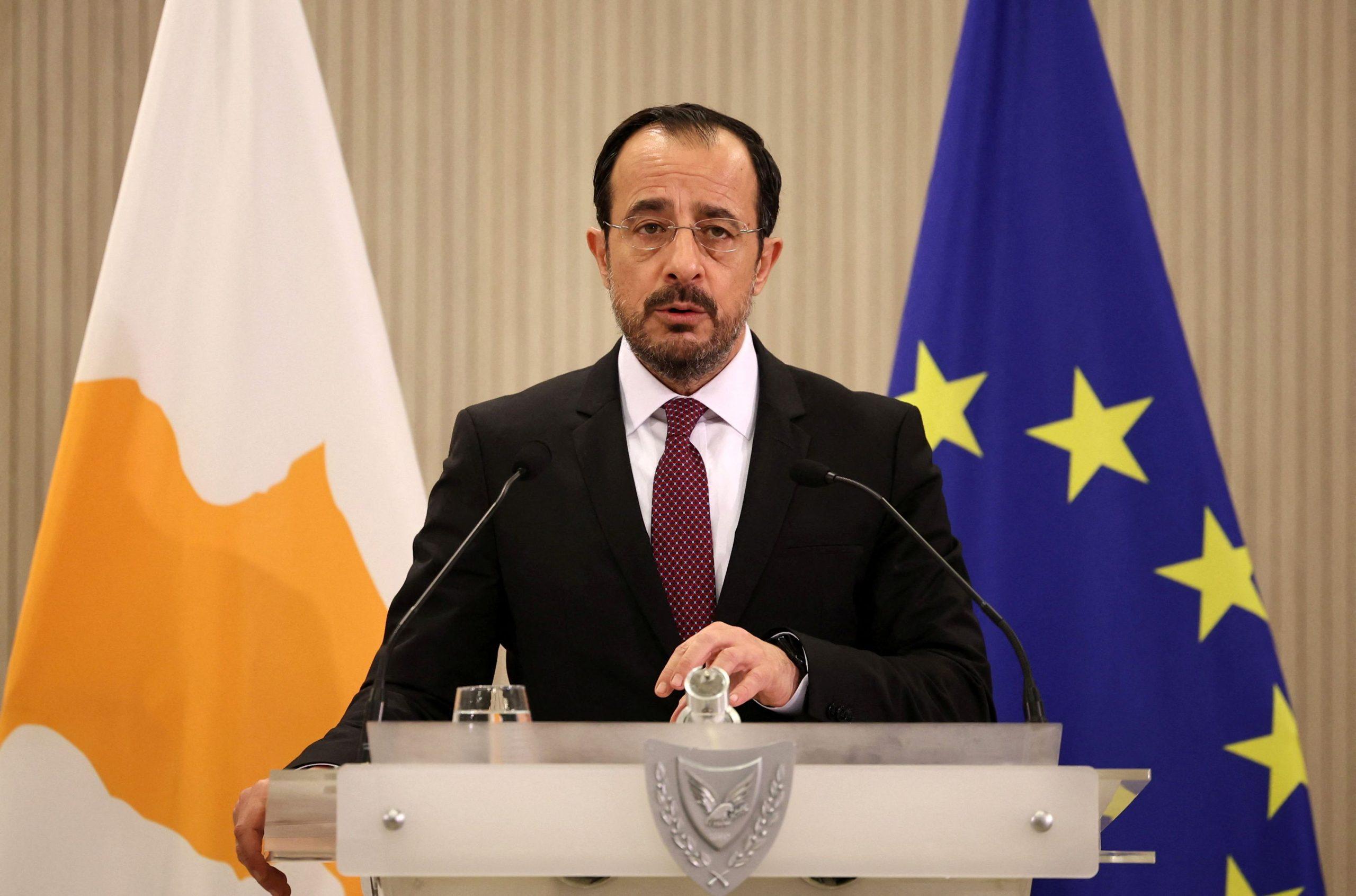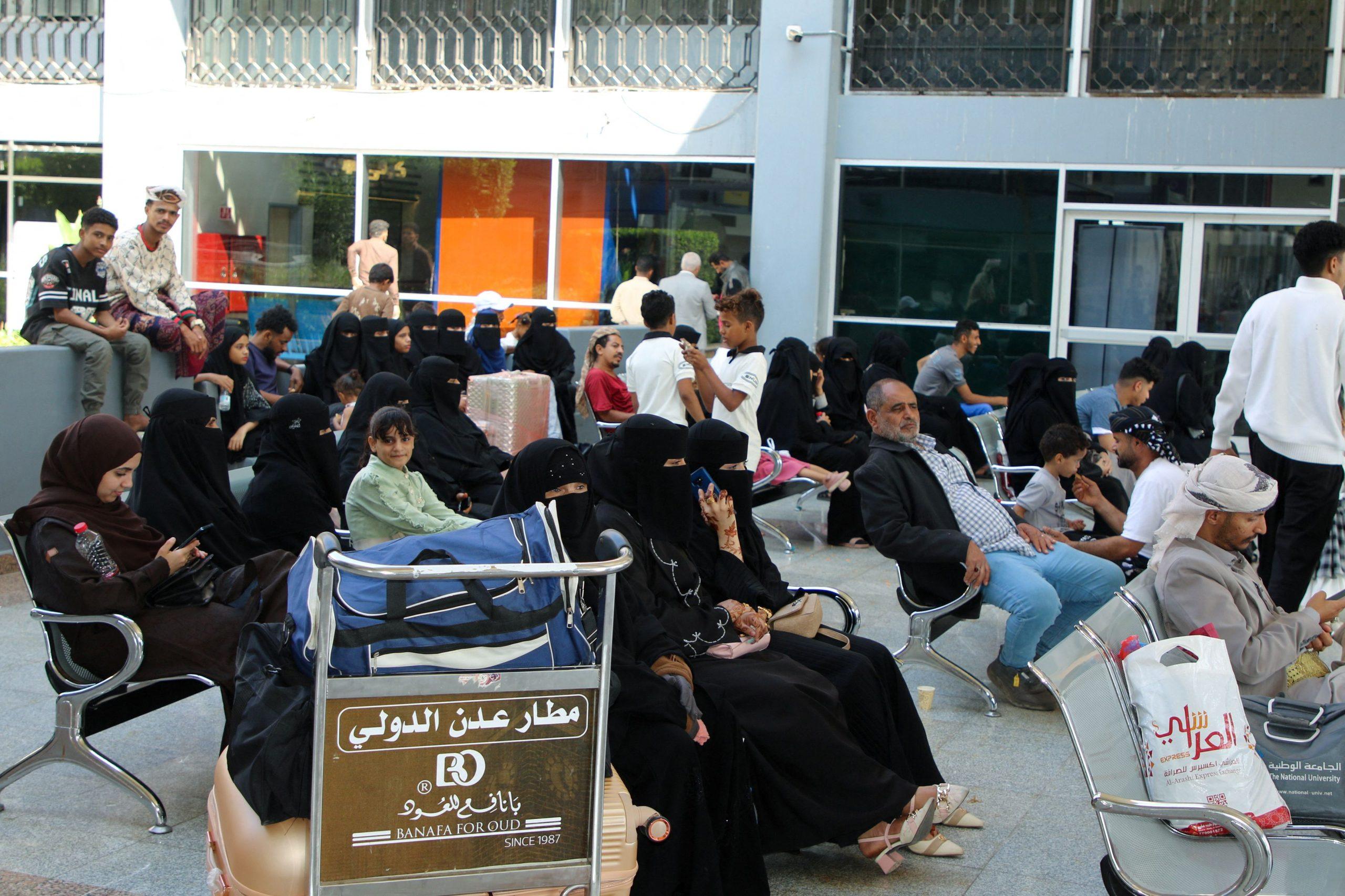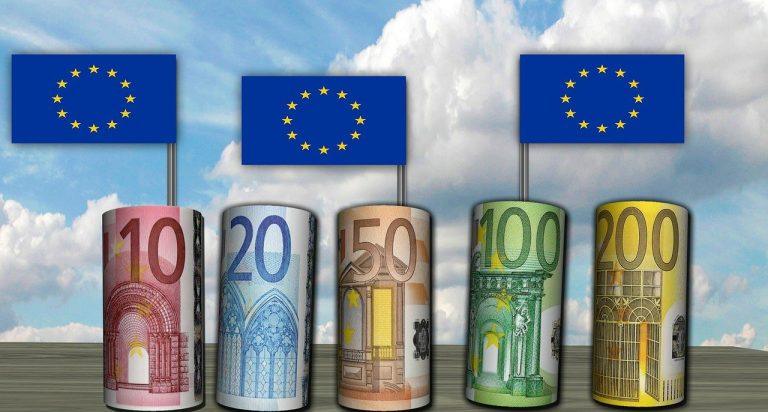Seven out of 10 employees from abroad find that in Greece they have a better quality of life compared to their country.
This is according to the 14th annual HSBC Expat Explorer Global Survey, which involved more than 20,000 executives living and working far from home.
According to the survey findings, 67% of executives from abroad living and working in Greece are optimistic about next year, a percentage slightly higher than the global average.
Switzerland ranks first in improving the quality of life of expatriates (93%), with Indonesia and the United Arab Emirates (51%) leading the way in meeting professional goals
Greece ranks 34th in the overall standings, but is much higher, in 19th place, in terms of quality of life
A percentage of 61% of those surveyed in Greece, find that the balance between their personal and professional life has improved compared to their homeland, with Spain and Cyprus having a higher percentage (73%).
In this regard, New Zealand (77%) and Australia (74%) occupy the first places in the world.
Mediterranean countries are ranked among the top destinations to move to in order to improve their quality of life. Spain ranks first (66%), followed by Cyprus (64%) and Portugal (62%). Greece, although behind these Mediterranean countries, has a relatively high percentage in this question, which reaches 40% compared to the global average (35%).
Better quality of life
Respondents prioritize their personal lives over the more traditional reasons why someone decides to move to work in another country, such as career advancement (14% in Greece versus 34% worldwide) or developing a professional network (11% in Greece compared to 31% worldwide).
In general, the local community and culture are at the top of the expatriates’ priorities for next year. Specifically, within the next year the expatriate executives in Greece believe that they will succeed:
1. in making new friends (52% in Greece versus 45% worldwide)
2. understand and explore local culture (52% vs. 47%)
3. get more out (49% vs. 41%)
4. travel more (46% vs. 47%)
5. to start a new activity in their free time (38% vs. 33%).
Research shows that expatriate strains proved resilient during the pandemic. The majority of respondents in Greece (56% (compared to 42% worldwide), say that they managed to continue to take care of their health while 39% (compared to 36% worldwide) continued to spend time outdoors.
Some expatriates have improved their physical condition and mental well-being since moving abroad. Almost half (48%) of respondents in Greece stated that they feel more physically healthy and 46% that their mental well-being has improved since they came to our country, with the respective percentages worldwide being 35% and 30%.
Optimism prevails
Not only do the priorities of executives living abroad change, but they also feel optimistic about next year despite the uncertainty of the last 18 months. In Greece the percentage of optimists reaches 67% – slightly higher than the global average (65%). The main reason why they feel optimistic is their hope to return to normalcy (74% in Greece and 75% worldwide).
Globally and in Greece, more than two-fifths of expatriate executives believe that the societies in which they live have become more supportive during the pandemic. The societies in Ireland and New Zealand (67%) are at the top as the most supportive in the world, with Greece having high percentages in this sector, recording 55% against 45% of the global average.
Despite the continuing instability regarding geographical mobility, the survey shows that 37% of respondents in Greece felt “at home” almost immediately – a rate significantly higher than the global average (23%).
Greece performs well in terms of feeling safe (57% compared to 49% worldwide) and in terms of the environment it offers (57% vs. 41%).
Stelios Pirpinias, Head of HSBC Wealth and Personal Banking in Greece commented: “It is encouraging to see that despite the pandemic, most foreign executives working in Greece are optimistic about the future. They feel safe, satisfied with their mental and physical health and their social life, while in the majority of them they have maintained or even increased their disposable income. The results reveal that the priorities of those living and working abroad are shifting from traditional purely professional goals to improving well-being and adopting a more active social life. On the other hand, life in a foreign country can be complicated in many ways. At HSBC, thanks to our international presence, we are able to support both customers who are already working far from home and those who are considering doing so in the future to meet the challenges and demands of an increasingly globalized world. allowing them to focus on improving their quality of life ”.











![Ελβετικό φράγκο: Τι πρέπει να ξέρουν οι δανειολήπτες [πίνακες]](https://www.ot.gr/wp-content/uploads/2025/12/ot_swiss_Francs25-1024x668-1-1.jpg)






























